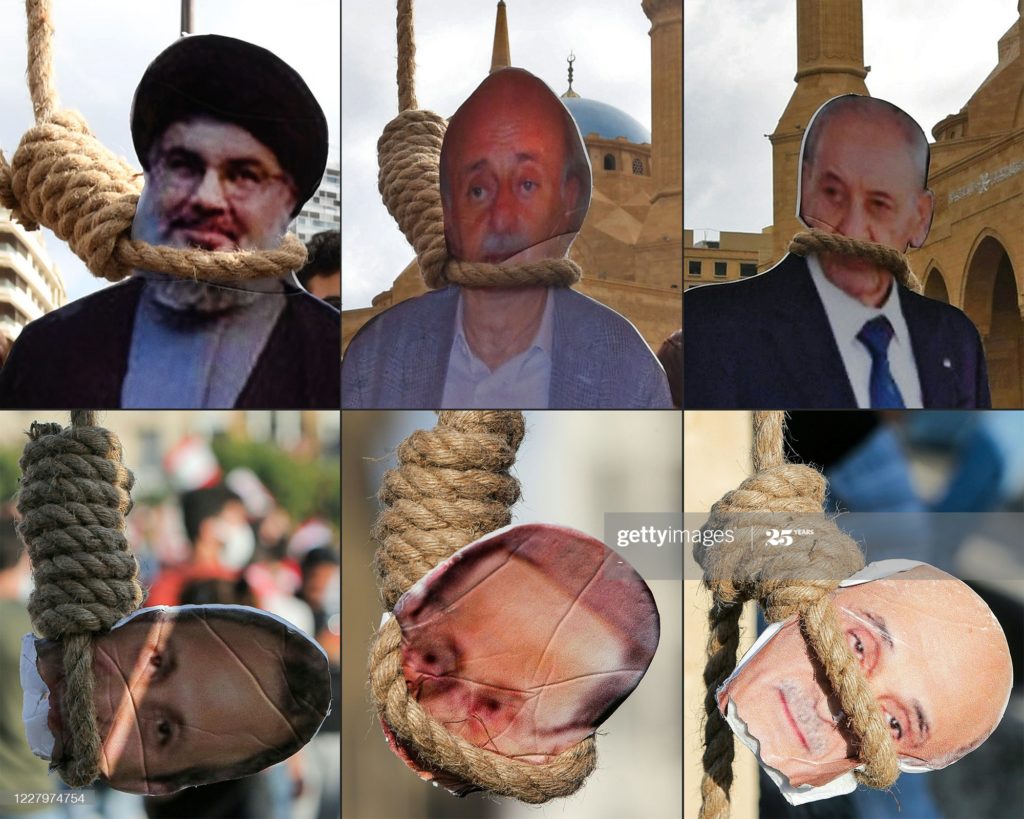On The occasion marking Lebanon’s 15-year Civil war, The UAE daily Al Khaleej published the following editorial calling for “self-revolution” to get rid of political sectarianism which has led to the “removal of Lebanon from its eastern, Islamic, and Christian civilizational role, and undermined its position as a financial, civilizational, cultural, tourism, and hospital center. It also led to it being subjected to an Israeli invasion that targeted its capital, Beirut
Here is the complete text of the editorial by Al Khaleej Newspaper of the United Arab Emirates
49 years, between April 13, 1975 and April 13, 2024, and Lebanon is still experiencing the concerns and fears of the civil war that lasted 15 years, and the Lebanese did not learn lessons from its devastating horrors and tragedies, and the resulting blow to the foundations of coexistence and national unity, and the downfall of Lebanon. In the abyss of political, economic and social crises, the most dangerous of which is the incitement of sectarian and sectarian strife, and the fall of the unifying national identity at the expense of the rise of secondary identities linked to sects and sects, or to political groups and parties with sectarian roots that feed on conflicts and crises.

During the past few days, as a result of the atmosphere charged with sectarian incitement against the backdrop of regional developments related to the Israeli war on Gaza, and the conflicting internal positions towards it, we have witnessed a state of renewed fear for the fragile civil peace, which is a legitimate fear because it brings the Lebanese back to those dark days that brought about green and dry land. It removed Lebanon from its eastern, Islamic, and Christian civilizational role, and undermined its position as a financial, civilizational, cultural, tourism, and hospital center. It also led to it being subjected to an Israeli invasion that targeted its capital, Beirut.
Although the “Taif Agreement” in 1989 put an end to the civil war through the “National Accord Document” that was transformed into a constitution, most of the content of the document remained without implementation, especially with regard to the provisions related to the abolition of political sectarianism, or to elections outside the sectarian restriction, and on the basis of Relativity, or the introduction of a senate in which all spiritual families are represented. All of these provisions that became part of the constitution were not implemented, and remained ink on paper, because the heads of sects, traditional political leaders, and sectarian parties do not see an interest in implementing them because it puts an end to their role and turns them into marginal forces, so they always work on sectarian agitation whenever the opportunity arises. To perpetuate its existence and role.
It is the “sectarian quotas” that constitute the core of all the crises that Lebanon suffers from, the spoils of which are shared by the owners of the sects who live by their survival, and which at the same time constitute an explosive factor whenever they disagree over the spoils and shares.
Lebanon and the Lebanese can no longer bear more wars and crises. It has suffered a lot of harm over the past years, and is now living in the midst of successive and shifting crises. It must emerge from a state of fear and anxiety over its unknown fate.
In order to reach this goal, the Lebanese need to take the lessons of the civil war, carry out a “self-revolution” that will rid them of the sectarian forces controlling their destiny, adhere to the state of citizenship in which all Lebanese participate without exception, adhere to rights, duties and the law without discrimination, and be loyal. For the country alone and no one else.
It is the citizen state that creates national loyalty and melts the Lebanese into the crucible of national unity. Thus, all divisive and racist projects that emerge from time to time fall, and all sectarian and sectarian voices disappear.


Leave a Reply
You must be logged in to post a comment.